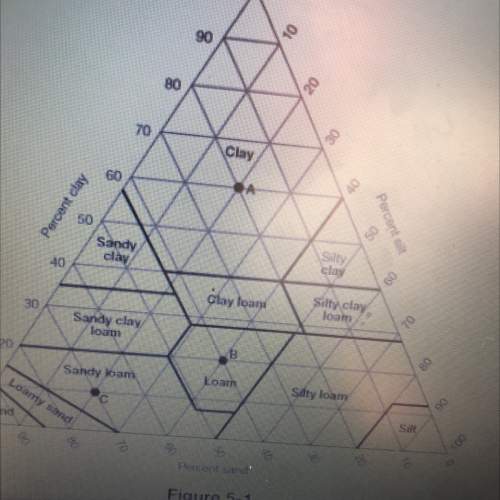
Biology, 05.05.2020 05:28, CarleySamuel
As an aspiring undergraduate researcher, you want to identify the gene responsible for bacterial virulence of your favorite pathogenic microbe. After subjecting your favorite microbe to random mutagenesis (i. e. forward genetics), you identify a mutant strain that has completely lost its virulence properties. Partial sequencing of your favorite pathogen’s genome reveals a mutation in the DNA sequence encoding gene X. You are excited, and rush to write a paper proclaiming your exciting result that gene X is responsible for the virulence of your favorite pathogen, which you hope to publish in a top journal. However, your cautious lab-mate encourages you to not to be too hasty, and convinces you to generate and test the exact same mutation in gene X by directed mutagenesis (i. e. reverse genetics). Much to your horror, when you test the effects of the directed gene X mutation in your animal model, the strain containing the directed mutation in gene X was fully virulent relative to the wild type strain of your favorite pathogen. Based on these data alone, what is the most likely reason that the strain generated by random mutagenesis had fully lost virulence, while the same mutation introduced by directed mutagenesis resulted in a strain of your favorite pathogen that was fully virulent?

Answers: 1
Other questions on the subject: Biology


Biology, 22.06.2019 20:00, longoriafaithe09
Are humans interfering with or a part of evolution happening today? find examples of evolution seen in recent history that could be caused by human activity.
Answers: 2
Do you know the correct answer?
As an aspiring undergraduate researcher, you want to identify the gene responsible for bacterial vir...
Questions in other subjects:







English, 02.08.2019 06:00



Mathematics, 02.08.2019 06:00







